Methodologies
The TRACE Data Portal currently uses a dataset by the Global Coalition to Protect Education from Attack (GCPEA) from its Education under Attack database which monitors attacks on schools, universities, students, and educators, by armed forces and armed groups, as well as military use of education institutions.
Data sources and data types
GCPEA collects data for the Education under Attack database through three methods: (a) a review of relevant reports and datasets, (b) media searches, and (c) outreach to staff members of international and national organizations working in relevant countries.
The first method is a desk review of relevant reports, datasets, and documents from United Nations (UN) agencies, development and humanitarian non-governmental organizations (NGOs), human rights organizations, government bodies, and think tanks. Each source is reviewed for relevant information in English, French, Spanish, and Arabic.
The second method is media searches. To identify media reports of attacks on education or military use of schools and universities, GCPEA relies heavily on the Armed Conflict Location and Event Data Project (ACLED). The project compiles media and other reports of worldwide political violence and protest events into a database which GCPEA searches for relevant incidents. ACLED has its own standards for achieving data reliability. In addition, GCPEA conducts online searches of local and international media outlets for relevant global and country-specific news articles in English, French, Spanish, and Arabic.
The third approach is gathering relevant information from local organizations and international agencies operating in countries affected by attacks on education. The aim is to (a) identify additional incidents of attacks on education and military use not yet included in the database, and (b) verify and gather additional information on attacks and military use GCPEA had already identified from other sources.
Each method yields three types of data on attacks on education and military use: individual incident reports, tallies of attacks or military use, and qualitative information. GCPEA enters these data into country-specific Microsoft Excel spreadsheets. Reports of individual incidents, tallies, and qualitative information are categorized by type of attack on education or military use, where possible, and the date and location of the attacks are recorded, alongside details on the individuals and institutions affected, disaggregated by gender, level of education, and professional role. GCPEA carefully reviews incidents, tallies, and qualitative information to prevent duplication and double counting.
Data reliability
The reliability of the data in the Education under Attack database varies. Some information comes from organizations such as UN agencies or Human Rights Watch, which maintain rigorous standards for verifying incidents before reporting them. Other incidents are compiled from media outlets that maintain reporting standards but ones that are typically lower than for the organizations mentioned. GCPEA corroborates reports whenever possible and relies on local partners to assess the reliability of sources.
More information
For more information on the sources, reliability, and limitations of the data in GCPEA’s Education under Attack database, see the methodological appendix in the Education under Attack 2022 report.
GCPEA’s role in the development of the TRACE data portal
The Global Coalition to Protect Education from Attack (GCPEA) provided technical guidance and 2020-2021 data for the development of the TRACE Data Portal. Data came from GCPEA’s Education under Attack database, which monitors attacks on schools, universities, students, and educators, as well as the military use of educational facilities. GCPEA draws on this database to publish its flagship Education under Attack report series and other thematic and country-specific reports. GCPEA is an advocacy coalition of organizations that includes: Save the Children (Chair), Amnesty International, the Education Above All Foundation (EAA), Human Rights Watch, the Institute of International Education (IIE), the Office of the United Nations High Commissioner for Refugees (UNHCR), Plan International, the United Nations Children’s Fund (UNICEF), and the United Nations Educational, Scientific and Cultural Organization (UNESCO). GCPEA is a project of the Tides Center, a non-profit 501(c)(3) organization.

